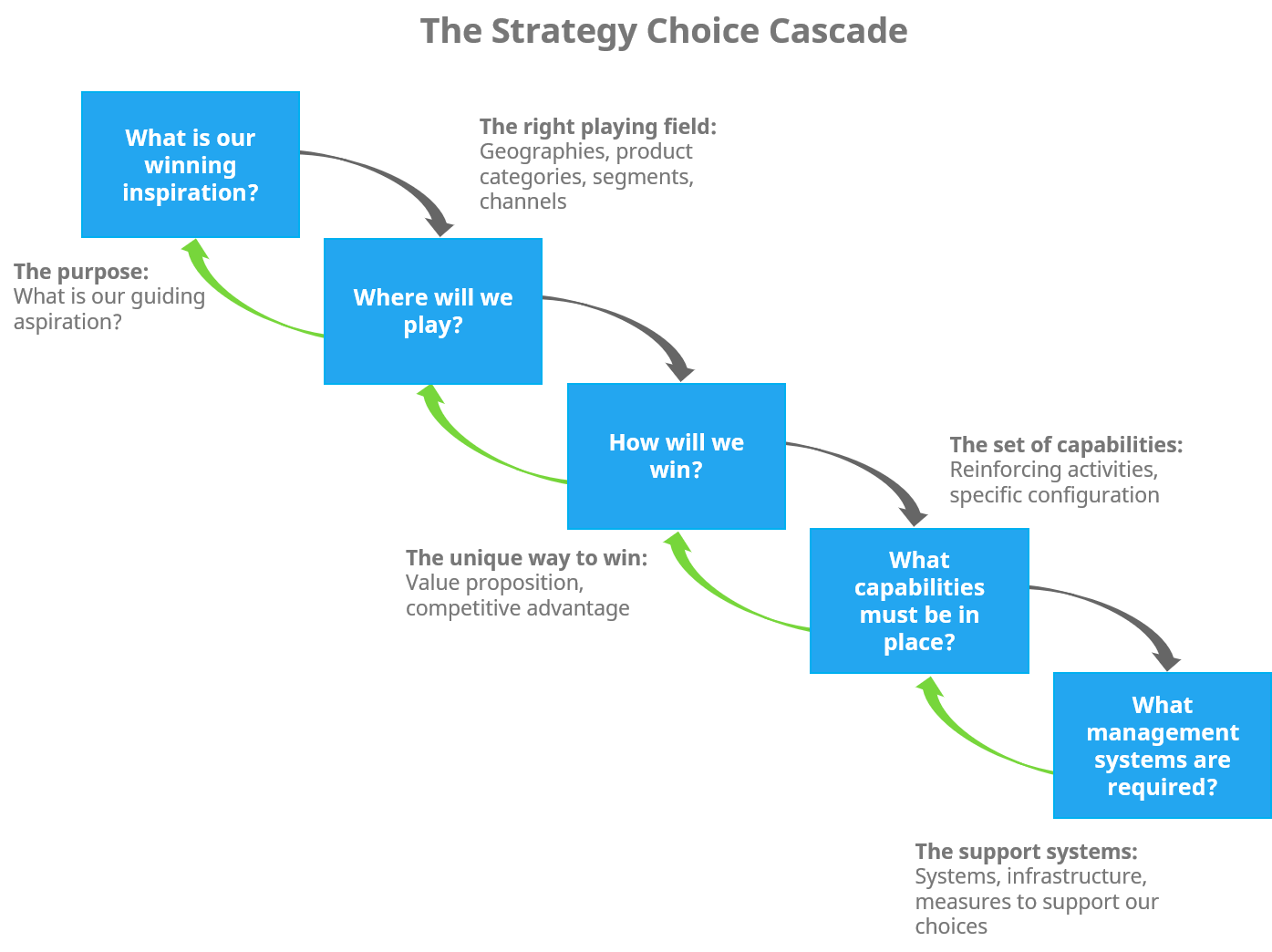
In today’s rapidly evolving business landscape, staying ahead of the competition requires constant adaptation and the implementation of innovative strategies. Companies that fail to innovate risk becoming obsolete in the face of changing market demands and technological advancements. In this article, we will explore the importance of innovation in business and discuss effective strategies to foster a culture of continuous improvement.
Embracing a Culture of Innovation
Innovation is not just about creating groundbreaking products; it’s also about cultivating a culture that encourages creativity and forward thinking. Companies that prioritize innovation create an environment where employees feel empowered to suggest new ideas and solutions. This culture shift not only boosts morale but also opens the door to unexpected breakthroughs. By fostering a mindset that values experimentation and learning from failures, organizations can lay the groundwork for sustained success.
Encouraging Cross-Functional Collaboration
Innovation often thrives when individuals from diverse backgrounds and disciplines collaborate. Breaking down silos and encouraging cross-functional teamwork can lead to fresh perspectives and creative problem-solving. When employees with different skill sets and perspectives work together, they bring a wealth of knowledge to the table, sparking the kind of creative collisions that drive innovation. By fostering a collaborative environment, companies can tap into the collective intelligence of their workforce and generate innovative solutions to complex challenges.
Investing in Research and Development
Research and development (R&D) is a cornerstone of innovation. Allocating resources to explore new technologies, market trends, and consumer needs can position a company as an industry leader. Whether through in-house R&D teams or strategic partnerships with external innovators, investing in research allows businesses to stay ahead of the curve. Companies that prioritize R&D are better equipped to anticipate changes in the market and proactively develop products or services that meet evolving customer demands.
Leveraging Technology for Innovation
In the digital age, technology plays a pivotal role in driving innovation. Businesses can harness the power of emerging technologies such as artificial intelligence, machine learning, and data analytics to gain valuable insights and streamline operations. Embracing technology not only enhances efficiency but also opens up new avenues for product development and customer engagement. Companies that stay abreast of technological advancements position themselves to adapt quickly to changes in the business landscape.
Continuous Learning and Adaptation
Innovation is an ongoing process that requires a commitment to continuous learning and adaptation. Companies should encourage employees to stay informed about industry trends, attend conferences, and participate in training programs. By fostering a culture of continuous learning, organizations can ensure that their workforce remains agile and capable of adapting to new challenges. This commitment to staying informed and adapting to change is crucial for long-term success in a dynamic business environment.
Innovation Strategies: A Key Component of Success
As businesses navigate the complexities of today’s competitive landscape, implementing effective innovation strategies becomes paramount. These strategies not only involve embracing a culture of innovation, encouraging cross-functional collaboration, and investing in research and development but also leveraging technology and committing to continuous learning. Innovation is the driving force behind sustainable growth and competitive advantage.
To delve deeper into effective innovation strategies, consider exploring the insights provided by Innovation Strategies. This valuable resource offers practical guidance and expert advice to help businesses thrive in an ever-changing marketplace. By incorporating these strategies into their operations, companies can position themselves as leaders in their industries and ensure long-term success in the face of evolving challenges.
